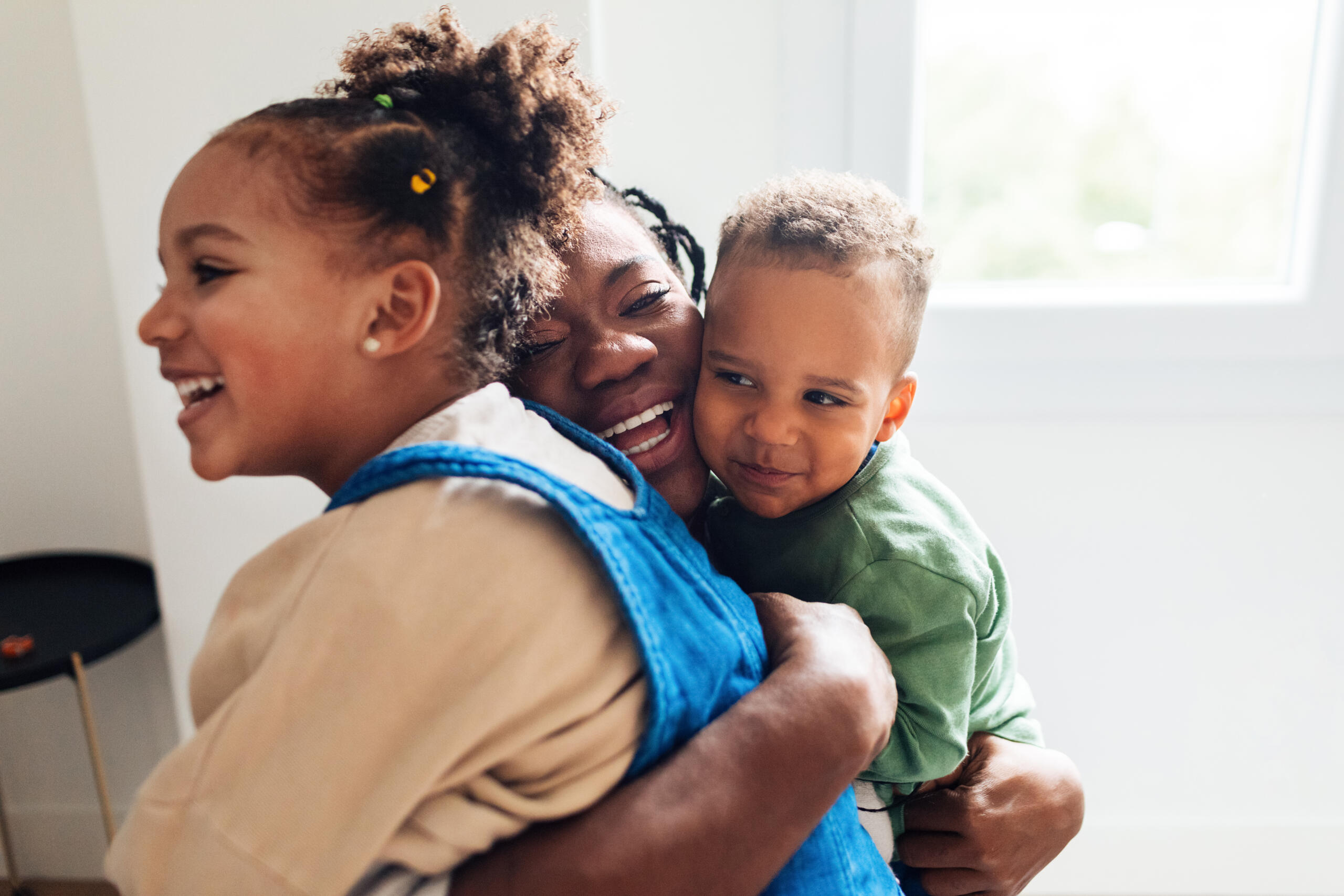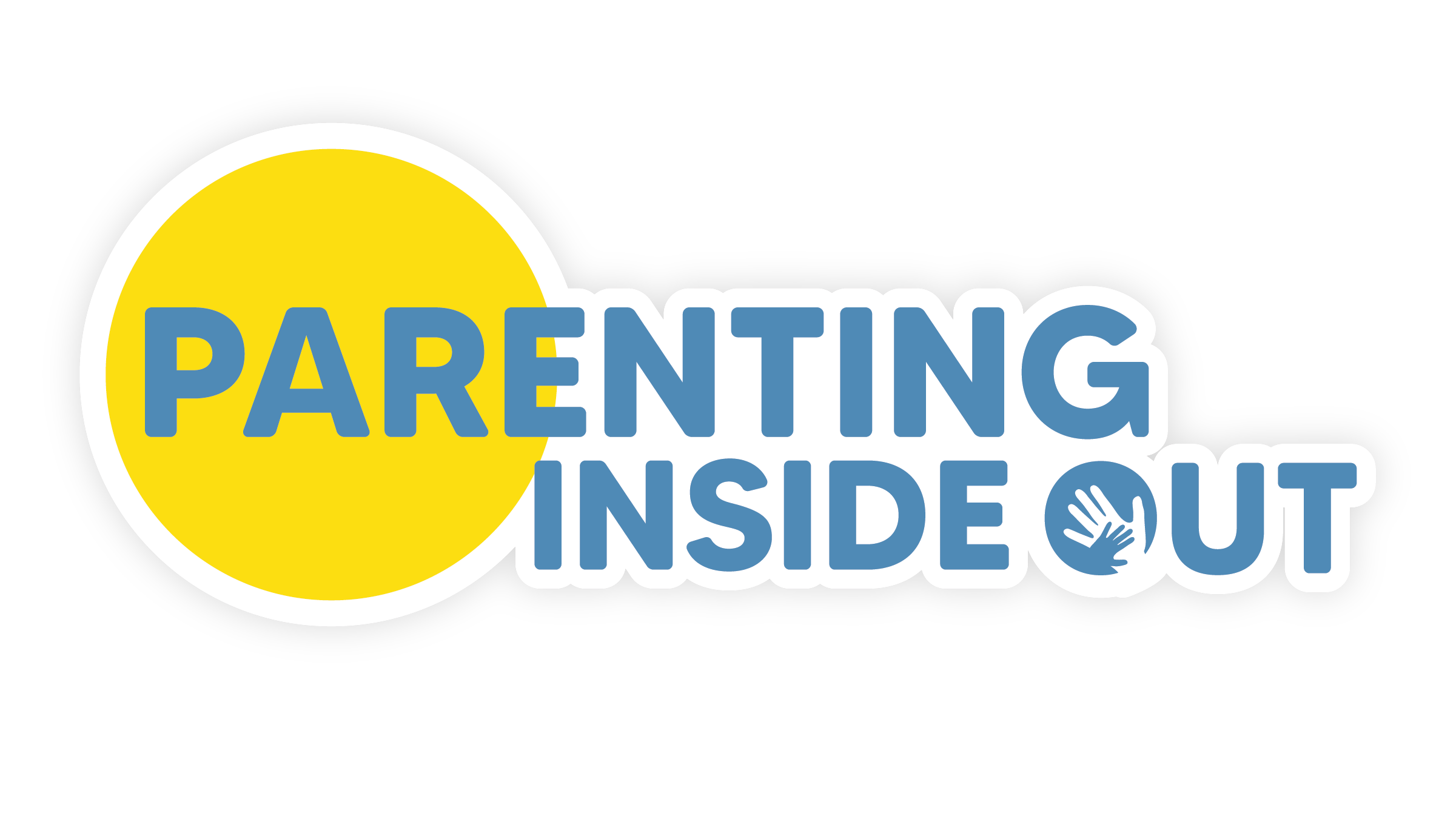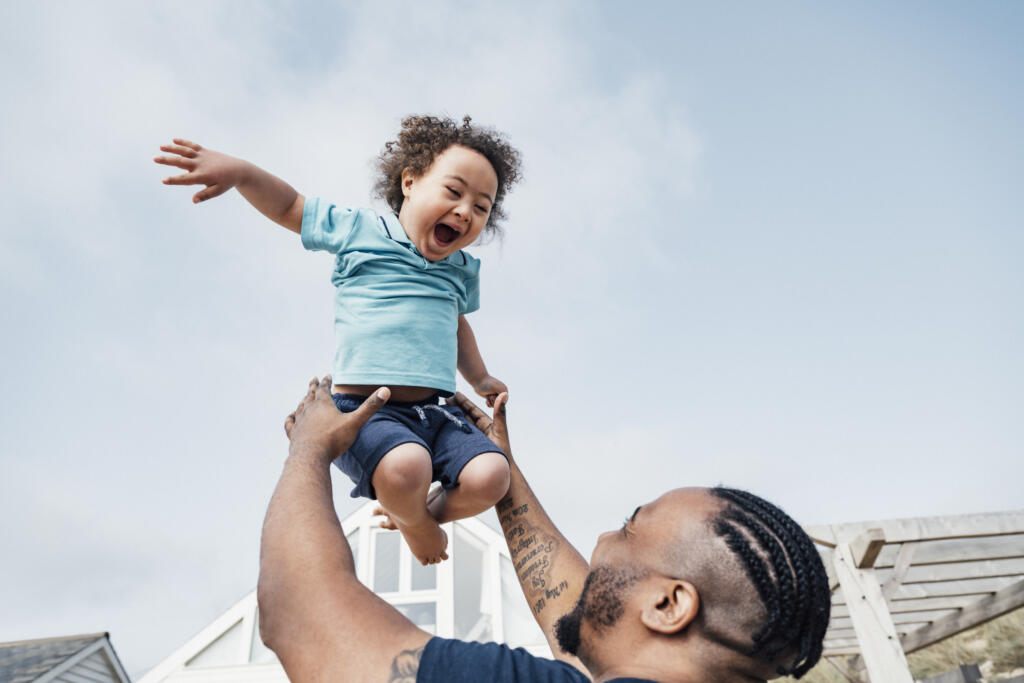
A Program of The Pathfinder Network
Parenting Inside Out (PIO) is a program of The Pathfinder Network, a 501©(3) non-profit founded to provide justice system-impacted individuals and families the tools and support they need to be safe and thrive in our communities that serve thousands of individuals and families each year. We’re on a mission to support and empower justice-involved parents with skills for effective parenting. With evidence-based programming tailored for diverse parental journeys, PIO has supported thousands of families, bridging gaps and fostering connections.
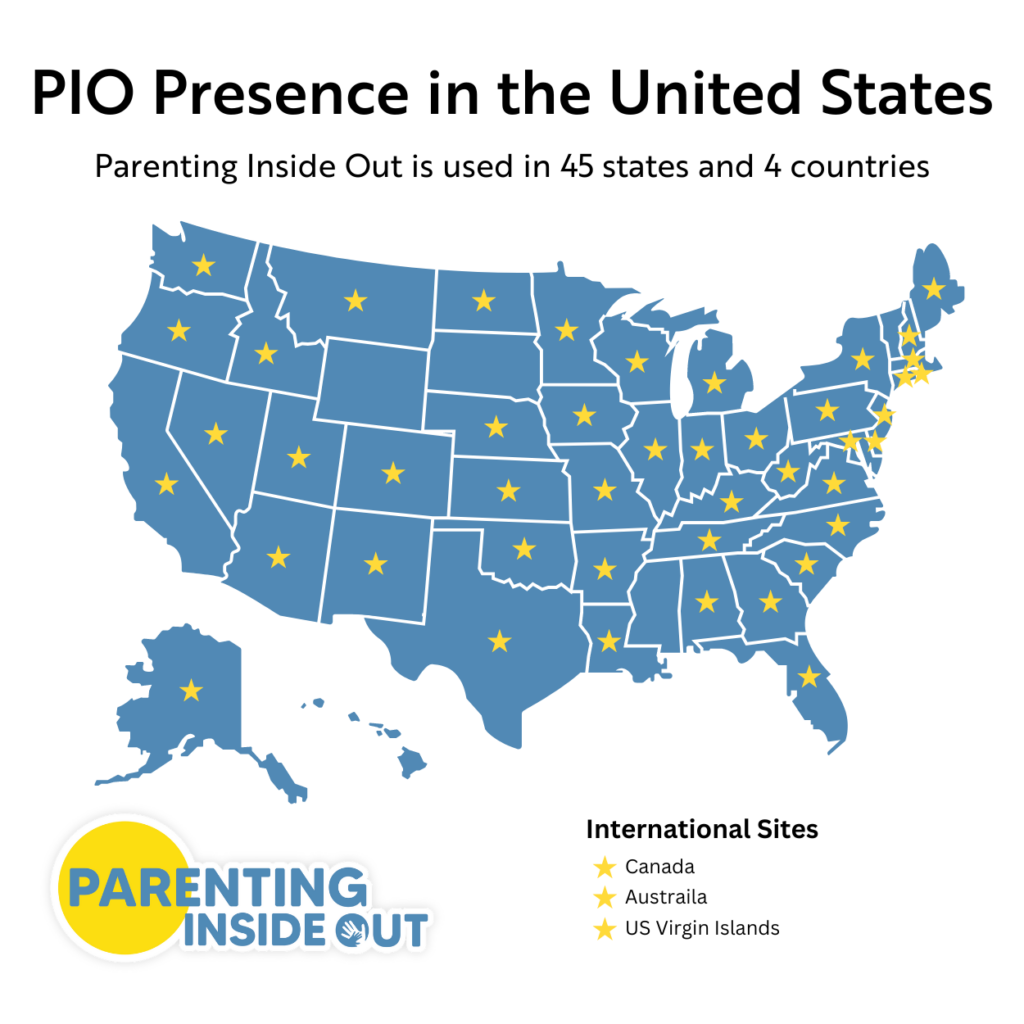
Our Impact
What We Do
PIO transforms lives, building resilience, significantly reducing recidivism, enhancing parent-child bonds, and fostering healthy relationships and connections between families. Thousands of parents have used PIO to build relationships with their children and families and to learn skills they can put into practice to be the parents they want to be and role models for their children. PIO outcomes include:
- Positive parent-child contact and positive parental participation
- Reduction in criminal thinking and behavior (nearly a 40% reduction)
- Lower levels of parental stress, depression, and substance use
- Increased knowledge and use of healthy parenting skills
Stories of Impact
“Taking PIO made me feel human again and helped me focus on my future. Through PIO, I started writing to my children weekly. [...] Within four months of my release, I was reunited with all five of my children, two I hadn't seen in 14 years. [...] With the skills I learned in PIO, I get to parent all five. The relationships I thought were irreparable were fully restored thanks to PIO's knowledge and compassionate facilitators."
Heather Jo, Parent Participant
“Parenting Inside Out helped me rebuild my family relationships, not just relationships with my children.[...] Parenting Inside Out gave me the skills to communicate with [my mom]and also the understanding of how to be a parent. [...] With PIO I accomplished something each week. Those little successes gave me the confidence to keep going; I was willing to try something bigger. Now I am part of my children’s lives. I am their mom."
Parent Participant
Get In Touch
Can’t find the answer you’re looking for? Please send us a message and our friendly team will follow up with you as soon as possible.
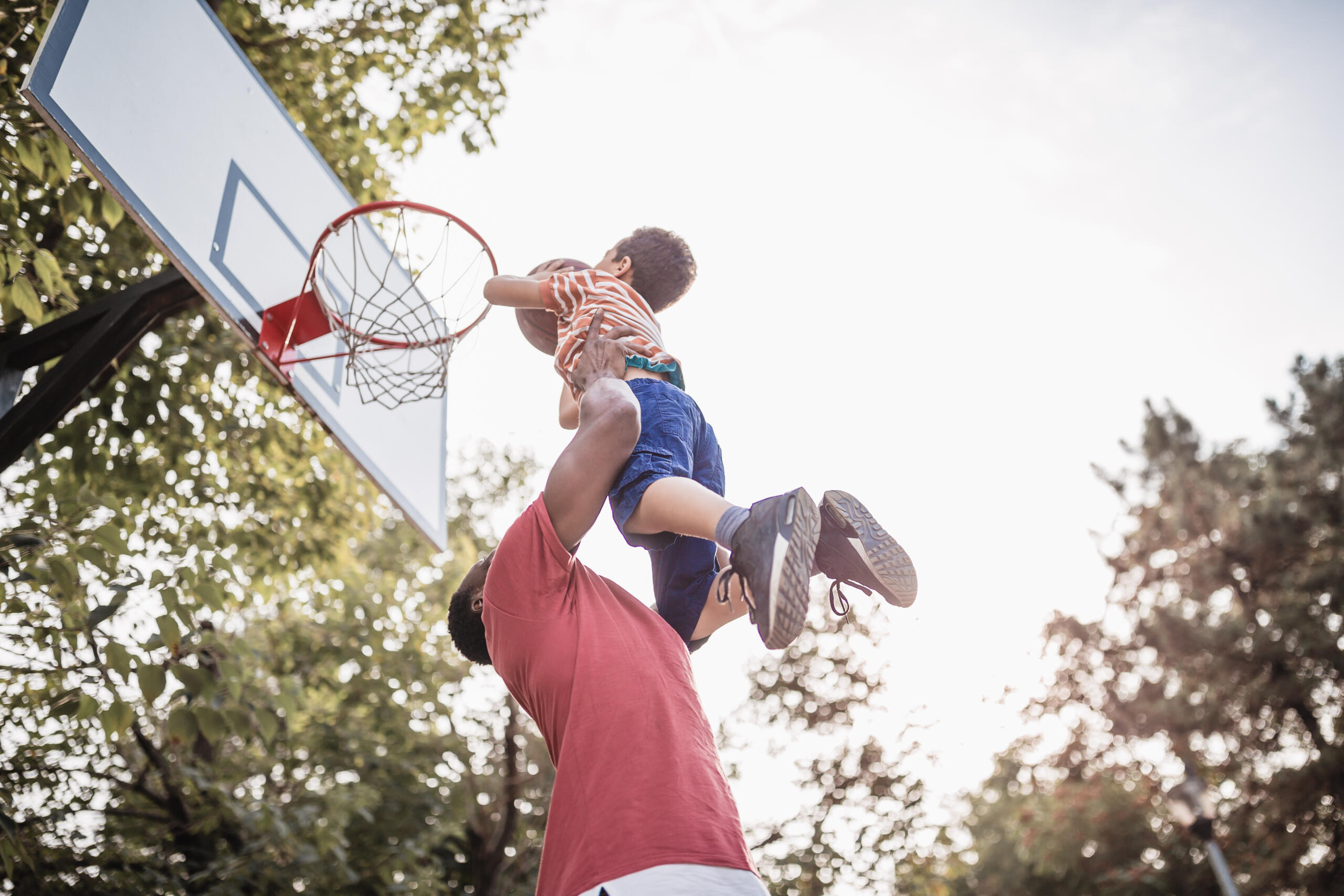
Donate
Make a donation to The Pathfinder Network and help us provide support for systems-impacted individuals, youth, and families.
